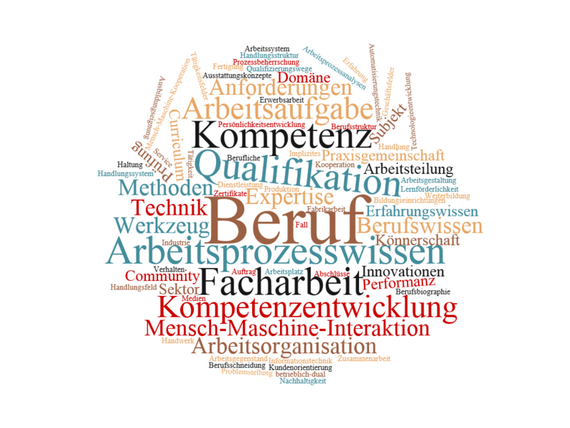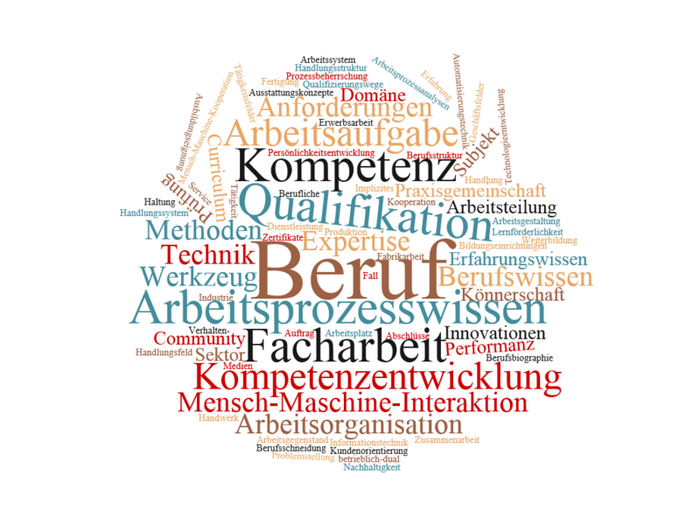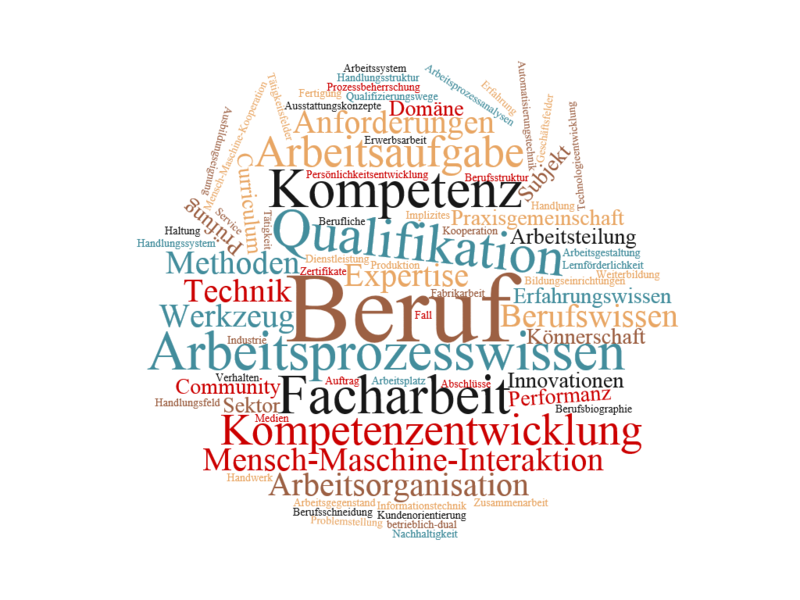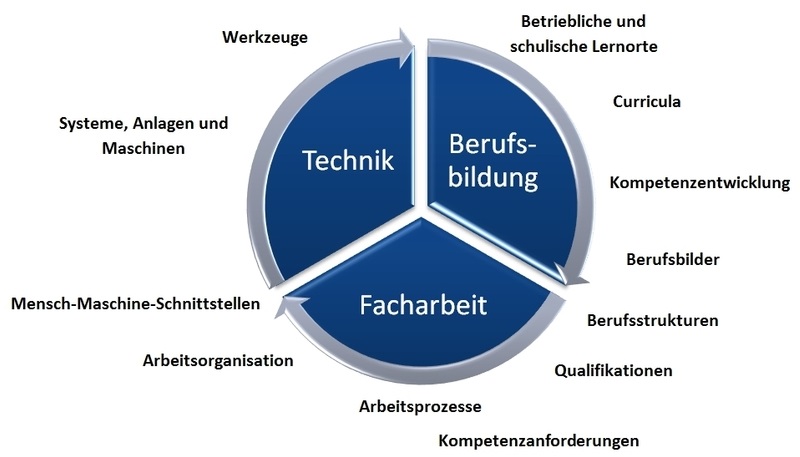The Institute for Vocational Sciences in Metal Technology researches the competence, qualification and occupational requirements in the vocational fields of metal technology and automotive engineering. Research results are used to design job profiles and to further develop vocational teaching/learning processes and are incorporated into didactic concepts for vocational training and teacher training for vocational schools. Furthermore, research is used to gain insights into the design of media, work systems, tools and learning locations that are conducive to learning.
The course offerings include vocational didactics, introduction to vocational research methods, and subject-specific specializations for the study of the vocational subject of metal technology in the Bachelor of Technical Education (B.Sc.) and "Lehramt an berufsbildenden Schulen" (M.Ed.) degree programs.
Research fields
-
Vocational education and development processes
Vocational development processes of persons in the occupational fields of metal technology and automotive engineering are
- the subject of research and
- central subjects of study for students of the teaching profession at vocational schools.
Studies in vocational science uncover how competencies are developed during training and later in the career (towards expertise) in order to draw conclusions for vocational pedagogical action and didactic concepts. -
Objects and the change of skilled work and technology
What are the objects of occupational work and how are they and the related technology changing?
Dealing with and answering these questions forms a basis for understanding the interrelationship between occupational work, technological development and occupation-related qualification. The developments of work and technology in industry and the skilled trades under the influence of societal changes and challenges such as digitalization or sustainability are the focus here. Changes in company organizational and personnel development as well as the design of vocational learning and teaching processes in schools and companies as well as in initial and continuing training are also included. Didactic answers and conceptions for vocational training institutions (companies and schools) can only be designed in a sustainable way if the actual state as well as the change not only of technology but also of normative principles, decisions and realized working and learning concepts are subjected to a far-reaching analysis.
-
Design of industrial-technical professions and the associated means of order
Professions are "social constructs" that need to be shaped. The IBM accompanies and evaluates development processes of school and company curricula, occupational profiles and models for the training of vocational training personnel up to implementation concepts.
Questions of demarcation between occupations, assignment to occupational fields or groups and, above all, the content orientation (e.g. core occupations) and design (e.g. competence orientation) of occupations and means of classification are the subject of the research field.



Teaching
The IBM is responsible for the study of the vocational specialization Metal Technology in the degree programs:
- Bachelor "Technical Education" (BSc TE)
- Master "Lehramt an berufsbildenden Schulen" (MEd LbS)
- Master "Masterstudiengang Lehramt an berufsbildenden Schulen für Fachbachelor (LBS-Sprint)" (LBS-Sprint)





